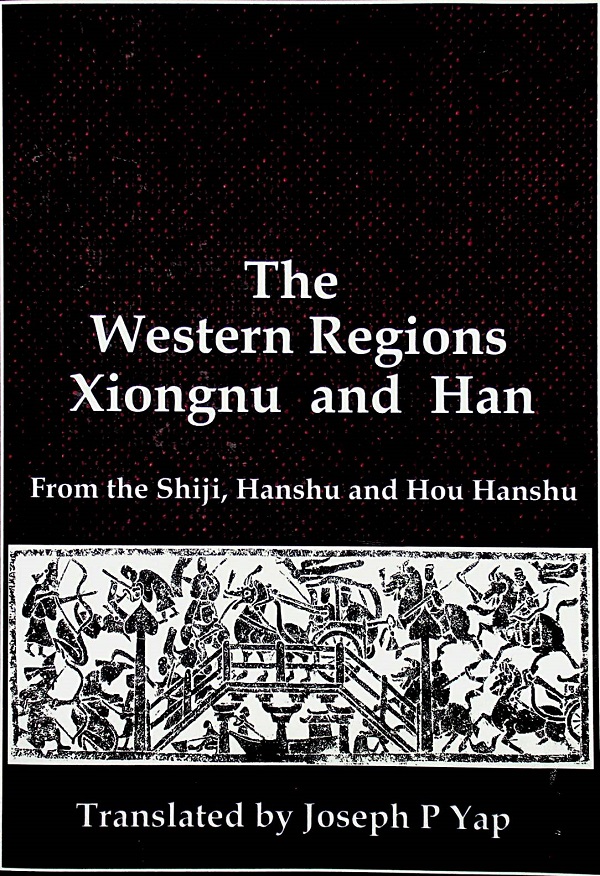Aeschines: 'Against Timarchus', 'On the Embassy', and 'Against Ctesiphon' 346-345 BCE
"Against Timarchus" (Greek: Κατὰ Τιμάρχου) was a speech by Aeschines accusing Timarchus of being unfit to involve himself in public life. The case was brought about in 346–5 BC, in response to Timarchus, along with Demosthenes, bringing a suit against Aeschines, accusing him of misconduct as an ambassador to Philip II of Macedon. The speech provides evidence of a number of actions which, according to Aeschines, would cause a citizen to lose the right of addressing the Assembly. Aeschines accuses Timarchus of two of these forbidden acts: prostituting himself, and wasting his inheritance. Along with the accusations of prostitution and squandering his inheritance for which Timarchus was on trial, the speech contains charges of "bribery, sycophancy, the buying of office, embezzlment, and perjury".
Modern scholars have criticised the lack of evidence that Aeschines put forward in Against Timarchus, for instance by pointing out that he has no evidence that any of Timarchus' lovers ever paid him. Indeed, Hubbard observes that he does not even manage to produce a single witness who will testify that Timarchus had any sexual relationship with the men in question at all, though in his speeches Aeschines says that Timarchus' affairs were well known to the jury. Aeschines won the case and Timarchus was punished by disenfranchisement.
This oration, Against Timarchus, is considered important because of the bulk of Athenian laws it cites. As a consequence of his successful attack on Timarchus, Aeschines was cleared of the charge of treason."
-summary taken from wikipedia
Sources:
http://www.perseus.tufts.edu/hopper/text.jsp?doc=Perseus:text:1999.01.0002:speech=1
http://www.perseus.tufts.edu/hopper/text.jsp?doc=Perseus%3Atext%3A1999.01.0002%3Aspeech%3D2
http://www.perseus.tufts.edu/hopper/text.jsp?doc=Perseus%3Atext%3A1999.01.0002%3Aspeech%3D3



Comments
Post a Comment